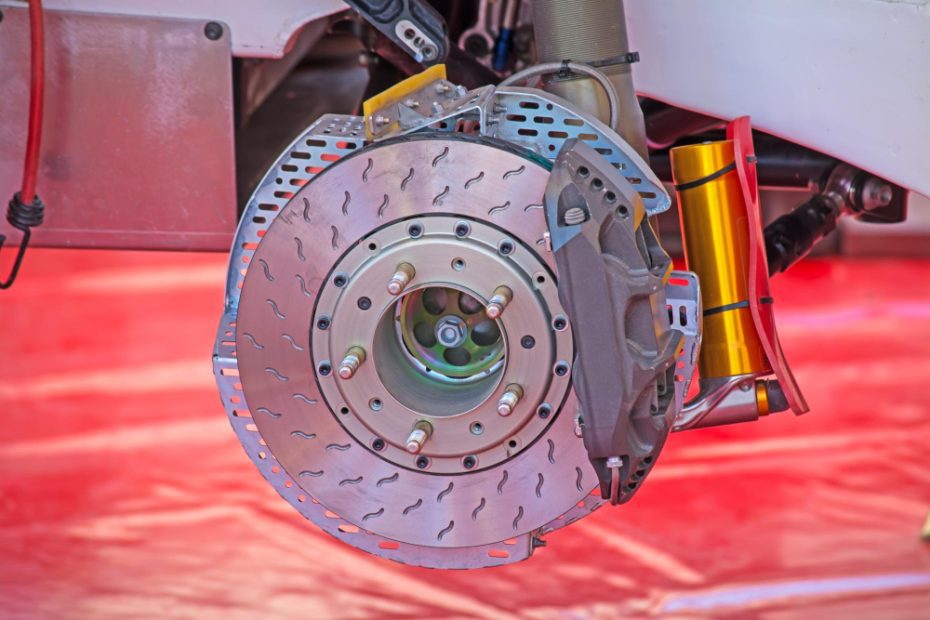Does the EBCM operate the ABS light?
The ABS (Anti-lock Braking System) light in a vehicle is an indicator that there may be an issue with the system. Many vehicle owners wonder whether the EBCM (Electronic Brake Control Module) is responsible for operating the ABS light. In this article, we will explore the role of the EBCM in relation to the ABS light and shed light on how these components work together to enhance vehicle safety.
The Role of the EBCM
The EBCM, also known as the ABS control module, is a crucial component of the ABS system. It is responsible for monitoring the speed of each wheel and controlling the braking function in order to prevent wheel lock-up during sudden stops or slippery conditions. When a wheel begins to lose traction, the EBCM modulates the brake pressure to that specific wheel, allowing it to regain traction and preventing skidding.
The Function of the ABS Light
The ABS light serves as a visual indicator to the driver that there might be a problem with the ABS system. When the EBCM detects an issue, it sends a signal to the instrument cluster, which then illuminates the ABS light on the dashboard. Common reasons for the ABS light to come on include a faulty wheel speed sensor, a malfunctioning hydraulic pump, or a problem with the EBCM itself.
Understanding the Relationship
While the EBCM plays a vital role in the functioning of the ABS system, it does not directly operate the ABS light. Instead, it communicates with the instrument cluster to activate the light when it detects a fault. This means that a problem detected by the EBCM could be the cause of the illuminated ABS light, but it does not necessarily mean that the EBCM is directly responsible for the light being on.
To diagnose the exact cause of the ABS light being on, a diagnostic scan tool is typically used. This tool communicates with the EBCM to retrieve fault codes, which can then be interpreted to identify the faulty component or system. It is important to address any issues indicated by the ABS light promptly, as a malfunctioning ABS system can compromise vehicle safety.
Note: The information provided in this article is intended for general awareness and educational purposes. If you are experiencing issues with your ABS system, it is recommended to consult a qualified automotive professional for diagnosis and repairs.
In Conclusion
The EBCM is an integral part of the ABS system, responsible for controlling the braking function to prevent wheel lock-up. While it does not directly operate the ABS light, it communicates with the instrument cluster to activate the light when a fault is detected. Understanding the relationship between the EBCM and the ABS light is crucial in diagnosing and resolving any issues with the ABS system. Remember, if you notice the ABS light illuminated on your dashboard, it is important to have it inspected by a professional to ensure the safety of your vehicle.
Does the EBCM control the ABS module?
Introduction
In the previous section, we discussed whether the EBCM operates the ABS light. Now let’s delve deeper into the relationship between the EBCM (Electronic Brake Control Module) and the ABS (Anti-lock Braking System) module. One question that often arises is whether the EBCM actually controls the ABS module. Let’s explore this further.
The Role of the EBCM
The EBCM is a crucial component of the vehicle’s braking system, responsible for controlling various functions such as ABS, traction control, and stability control. It acts as the central control unit for monitoring and adjusting the brake pressure applied to each wheel.
FACT: The primary role of the EBCM is to regulate the braking force applied to individual wheels to prevent wheel lock-up during emergency braking.
Relationship Between the EBCM and ABS Module
The ABS module, on the other hand, is a specialized component within the EBCM that focuses solely on controlling the Anti-lock Braking System. It works in conjunction with the EBCM to monitor wheel speeds and modulate the brake pressure accordingly.
While the EBCM houses the ABS module, it does not directly control it. Instead, the EBCM provides the necessary inputs and commands to the ABS module, allowing it to perform its function effectively.
Communication and Cooperation
The EBCM and ABS module have a symbiotic relationship, constantly communicating with each other to ensure precise and timely adjustments to the brake pressure. This communication occurs through dedicated data buses or communication lines within the vehicle’s electronic system.
“The EBCM and ABS module work hand in hand to provide seamless control and optimal performance of the Anti-lock Braking System.”
Conclusion
So, to answer the question – does the EBCM control the ABS module? The answer is no, the EBCM does not directly control the ABS module. However, it houses the ABS module and provides the necessary inputs and commands for its operation. The EBCM and ABS module work in harmony to deliver enhanced safety and control during braking situations.
Remember: Understanding the interactions between various components of the braking system helps us appreciate the complexity and importance of these systems in our vehicles.



